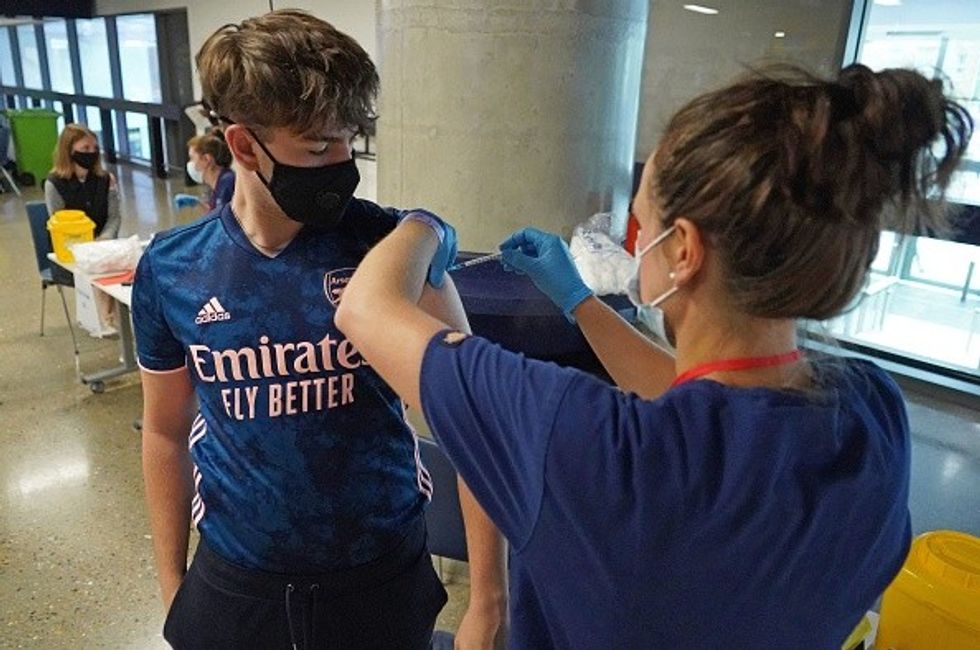MINISTERS are planning to remove all mandatory mask and social distancing restrictions in England on July 19, though media reports claim that Covid restrictions may become recurring in the country for next five winters.
As the country is set to be freed from all the Covid-19 restrictions on July 19, England’s chief medical officer, Chris Whitty, and the government’s chief scientific adviser, Patrick Vallance have cautioned that the NHS may come under pressure in the winter.
Hospital bosses are also said to be jittery over the approaching date of reopening and subsequent likelihood of greater social mixing after July 19, fearing it will lead to new spike putting pressure on surgery and other care.
Several NHS trust chief executives have reportedly warned that hospitals were not well-equipped to deal with a new surge in Covid cases because they were already so unusually busy for the time of year.
While prime minister Boris Johnson has said that most restrictions will be lifted on July 19, he also warned on Thursday (1) that some "extra precautions" may be needed.
A Whitehall source said on Friday (2) that “advice on masks is likely to be guidance rather than regulations”.
Health officials have drawn up contingency plans for Covid restrictions for the next five winters to protect the country against future waves of the virus, Mirror reported, adding that the draft includes bringing back masks and social distancing in the event of any outbreaks in winters.
Restrictions reportedly will be put depending on the scale of infections and whether hospitals are under pressure.

About 28,000 people have been tested positive for Covid-19 in the UK in just 24 hours on Thursday (1)- the highest daily figure since January. The continued rise in the cases have been attributed to the Delta variant. However, the rise is not accompanied by a spike in hospitalisations or deaths reportedly owing to the country's vaccination drive.
Meanwhile, scientists in the country are calling for the UK's official list of Covid symptoms to be expanded to ensure cases are not missed.
Current NHS advice states people should self-isolate and get a test if they have a high fever, a new continuous cough or a loss or change to their sense of smell or taste.
But the group of experts - including Prof Calum Semple from government's Scientific Advisory Group for Emergencies (Sage) - points out not everyone who catches Covid displays these classic symptoms, adding that "unofficial" symptoms such as a runny nose, headaches and muscle aches are more commonly seen in younger people, who are now more likely than older people to be infected.




















 Damian Talbot
Damian Talbot